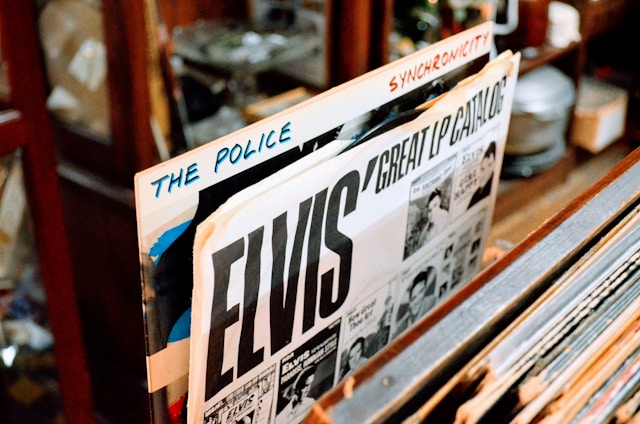The 60s brought about new traditional values, some unprecedented by the generation before it. The span of a generation is generally considered to be about 30 years. It is conceivable that people in a society will have a sense of shared values, culture traits and preferences derived from shared experiences of their era. In the U.S. the social groups born on and around the same time have been given generational names; this practice began around the 20th century.
The naming of the generations will vary depending on the source.
The Lost Generation, (1885 – 1920s) that would be that of my grandparents, it is said, to have rejected the traditional values of the older generation and was lost. Some how I fail to see that of my grandmother, but okay. This generation was given its term by, Gertrude Stein, by way of, Hemingway, and references to the Post War I era. At a time when group of American writers, artists, musicians, established their literary reputations.
My parents were born in 1920 therefore are defined as being a part of the Traditionalist (1925 – 1945) or the Silent Generation, where as they reached adulthood in the 1940s. It is unclear where the term came from, but it is given to the generation that thought it dangerous to speak out. They kept their political views to themselves.
The Baby Boomers Generation (1946 – 1964), follows the Silent Generation and they were given their term as defined by the noticeable increase in birth rate. It is also important to note that just the decade before, Tom Brokaw published, “The Greatest Generation”, a best selling cultural history of the Great Depression and World War II and the name stuck.
The Lost Generation, lived in a time of great prosperity in the U.S. It was a time when dance and music came alive, as well as, mobility with the invention of the automobile. We also, hear this time referred to as the roaring twenties. Following them is the Silent Generation, where as they worked hard, kept quiet and raised their children to be seen; not heard.
During their generation they experienced the Great Depression and World War II, which is an era that when it began, the most people knew of their government was where to mail a postal letter. In and before the 1930s most Americans trusted their government. By the end of the Baby Boomer era, there were many that did not.
If it is true that we learn from our parents, even in the rebellious nature of the teens and young adults, precedent is set as one generation learns from the one before; then the stage is set, for a new era, which will bring both tradition and change into our culture.
###

If this is your first comment, your comment must be manually approved, before it will post. Thank you for your interest.